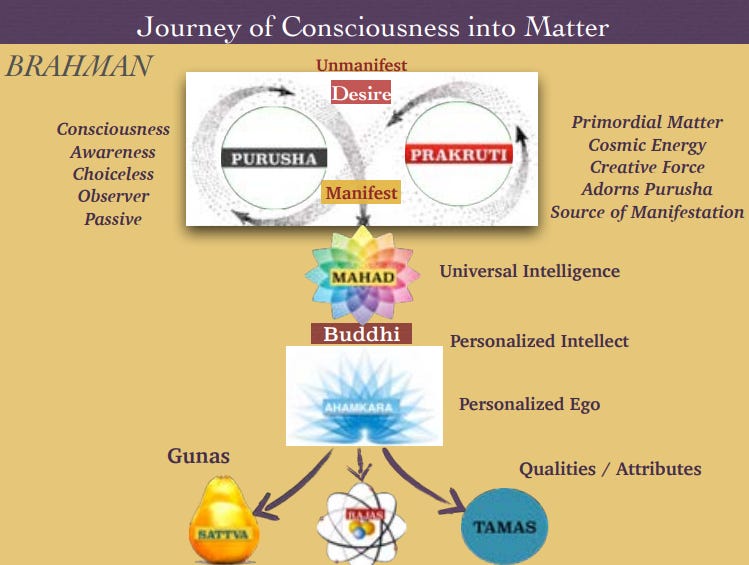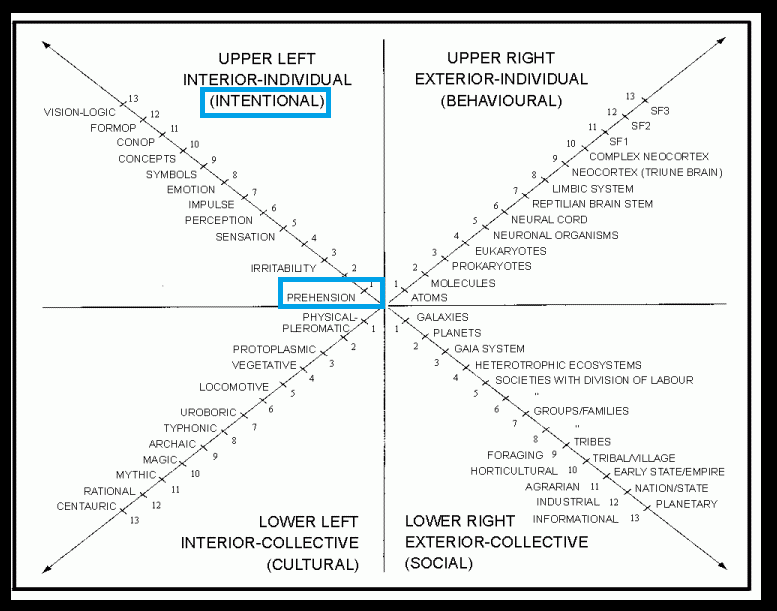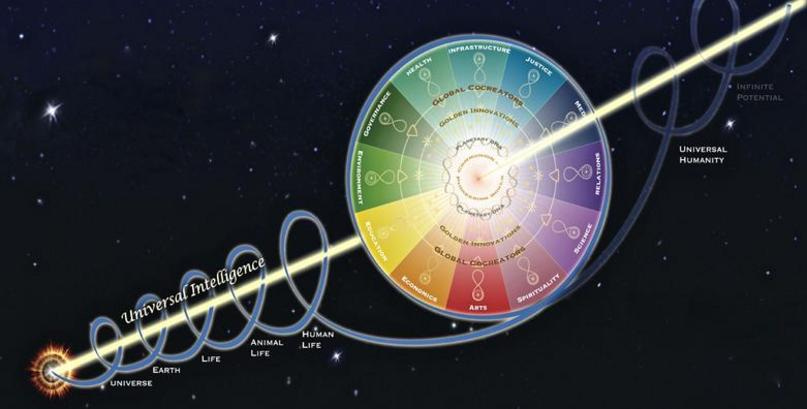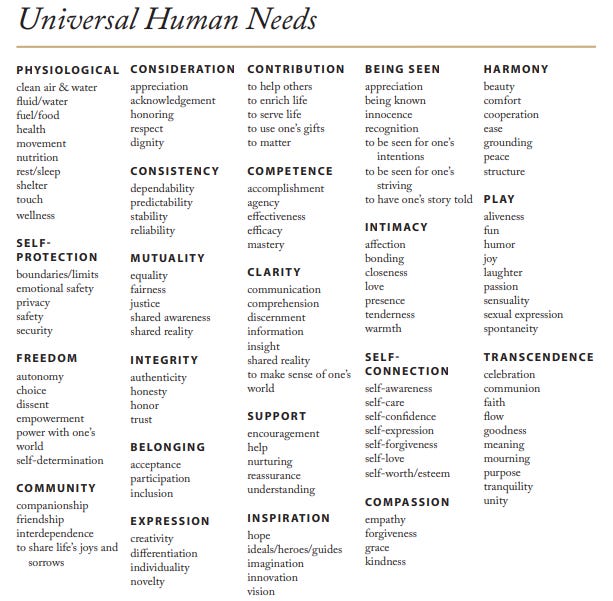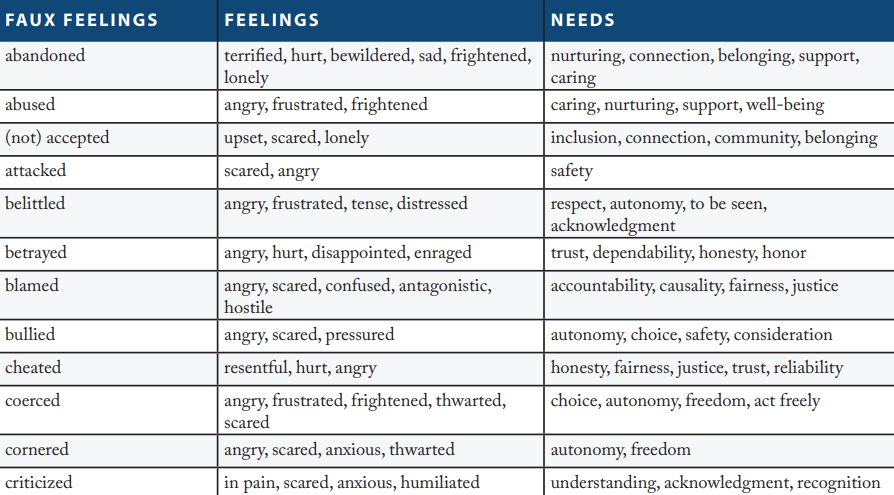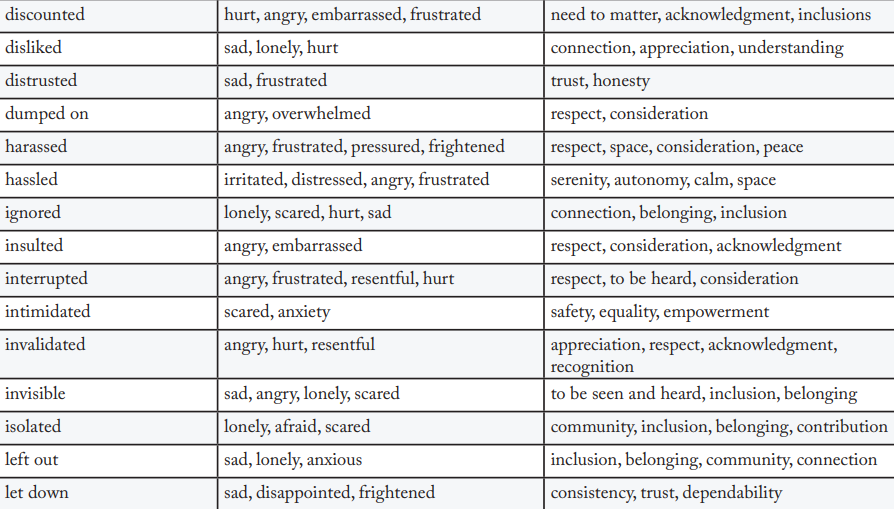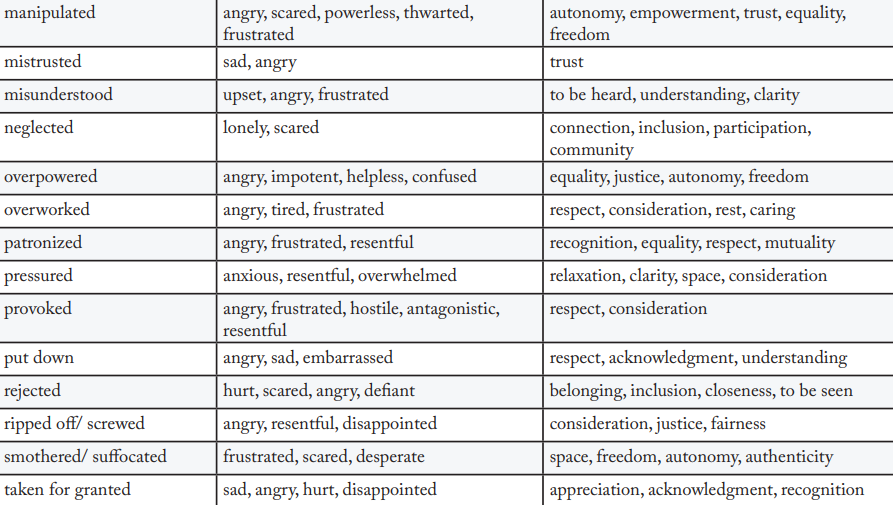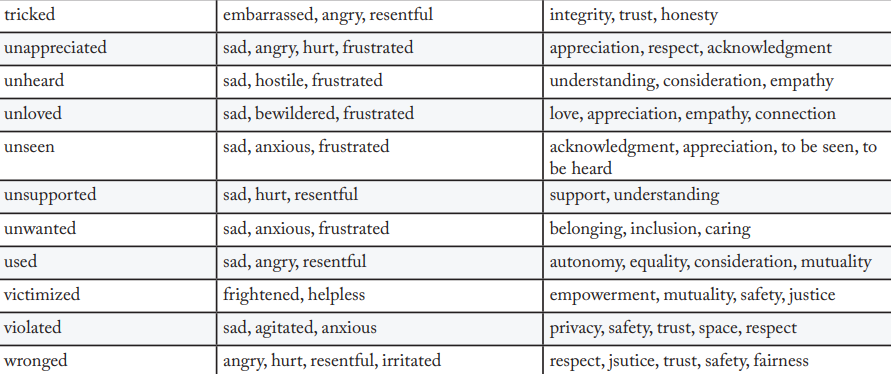Desire Formula
Desire = Presence/Call of Possible Future Value x Universal Field of Needs (Values) x Unique Identity (Level of Consciousness+ Values)
From Unmanifest To Manifest
Desire is a primordial force that permeates the very fabric of existence, echoing through the annals of time from the first moments of creation. Across various philosophical and spiritual traditions, including Indian philosophies, the journey of consciousness from the unmanifest to the manifest is intricately woven with the thread of desire.
In these traditions, the transition from Brahman, the unmanifested divine reality, to Purusha and Prakruti, the manifest realms of spirit and matter, marks the beginning of desire's cosmic dance.
As consciousness descends into the realm of matter, desire takes on new forms and expressions. From the primal yearnings of elementary particles to the intricate complexities of sentient beings, desire propels the quest for deeper connection and greater wholeness.
It is the driving force behind the unfolding drama of creation, guiding each entity on its unique journey of self-discovery and evolution.
In Indian traditions, the concept of desire is deeply intertwined with the notion of dharma, or cosmic order. As beings traverse the vast expanse of existence, their desires are not mere whims or caprices but reflections of their inherent nature and purpose within the grand tapestry of the cosmos.
Each desire serves as a beacon, illuminating the path towards fulfillment and alignment with the divine will.
Desire serves as a catalyst for growth, transformation, and the realization of unity amidst diversity.
It is through the interplay of desire and consciousness that the universe unfolds its infinite possibilities, inviting beings to participate in the eternal dance of creation and evolution.
In this cosmic symphony, desire emerges as a sacred thread that binds all of existence into a seamless tapestry of life, pulsating with the rhythm of the divine.
Alfred North Whitehead
Alfred North Whitehead uses the term "appetition" in his philosophical work "Process and Reality." In this book, Whitehead introduces the concept of "prehension," which refers to the process by which each actual entity in the universe incorporates aspects of other entities into its own experience.
Within the framework of prehension, "appetition" denotes the inherent urge or inclination of each actual entity to seek novelty and creativity in its interactions with the world. It is a fundamental aspect of Whitehead's process philosophy, emphasizing the dynamic and evolving nature of reality.
He defines novelty as the introduction of something genuinely new or original into the ongoing process of reality. In his philosophy, novelty arises from the creative advance of nature, where each moment of experience incorporates elements of the past while also introducing novel possibilities for future development.
This notion of novelty is closely linked to Whitehead's concept of creativity, which he views as a fundamental aspect of reality. Novelty represents the emergence of new forms, patterns, and possibilities within the ever-changing fabric of the universe, driving the ongoing process of growth, evolution, and transformation.
Evolutionary Dynamics of Desire: From Matter to Mind and Beyond
Desire, like many other fundamental values, undergoes a profound transformation as it traverses the vast expanse of existence.
From the primordial stirrings within the depths of matter to the intricate complexities of sentient beings, desire evolves and expands, weaving its way through the tapestry of reality.
It moves along a trajectory that spans from the elemental impulses of life to the profound depths of the human self-reflective mind.
Throughout this journey, desire serves as a guiding force, propelling the unfolding drama of creation forward.
It is not merely a fleeting impulse or fleeting whim, but rather a dynamic and ever-evolving aspect of the cosmos.
Desire shapes the contours of our experiences and influences the trajectory of our evolution, as we respond to its call in myriad forms and expressions.
As we move through the multiple levels of matter, life, and consciousness, our relationship with desire deepens and transfigures. We are called to engage with its subtle nuances and complexities, to discern its true nature amidst the ebb and flow of existence.
In doing so, we participate in the ongoing evolution of reality itself, as desire and need continuously deepen and transfigure in form and quality.
The evolution of desire is intertwined with our own evolution as conscious beings. It invites us to explore the depths of our longing and the heights of our aspirations, to cultivate a deeper understanding of ourselves and our place in the universe.
In this cosmic dance of desire, we find both challenge and opportunity, as we journey towards ever-greater levels of self-awareness, connection, and fulfillment.
Clarifying Desire
On the human level, the process of clarifying desire and need transcends mere instinctual impulses. It unfolds as a profound awakening—a recognition of our role as conscious agents of evolution.
This awakening bestows upon us a unique capacity: the ability to discern and articulate our deepest desires and needs with clarity and precision.
As evolution in person, we are endowed with the extraordinary gift of self-awareness. We possess the cognitive faculties to introspect, reflect, and discern the underlying motivations driving our actions and aspirations.
Through this process of conscious evolution, we embark on a journey of self-discovery and self-realization, delving into the depths of our psyche to unearth the true essence of our desires and needs.
With this heightened awareness comes a newfound responsibility—a responsibility to align our desires and needs with the larger currents of evolution.
We are called to transcend the narrow confines of egoic desires and embrace a broader perspective—one that encompasses the well-being of the entire cosmos. In doing so, we become stewards of our own evolution, actively shaping the trajectory of our individual and collective journey.
This process of awakening and clarification is not merely a cognitive exercise; it is a deeply transformative experience that touches every aspect of our being. It requires courage, honesty, and a willingness to confront the shadows lurking within our subconscious.
As we navigate this inner landscape with integrity and authenticity, we unlock the potential for profound growth and fulfillment, aligning ourselves more closely with the evolutionary impulse coursing through the cosmos.
Barbara Marx Hubbard
In her book "Emergence: The Shift from Ego to Essence," Barbara Marx Hubbard defines conscious evolution as the intentional and participatory process through which humanity evolves consciously and co-creatively with the evolutionary forces of the universe.
She views conscious evolution as a natural extension of biological evolution, where human beings become aware of their role as active agents in the evolutionary process.
Hubbard emphasizes that conscious evolution involves a shift from ego-centric to essence-centric living, where individuals awaken to their higher purpose and potential.
It entails aligning one's thoughts, actions, and intentions with the evolutionary impulse towards greater complexity, creativity, and harmony.
According to Hubbard, conscious evolution requires individuals to engage in self-reflection, inner exploration, and intentional evolution of consciousness.
It involves cultivating qualities such as compassion, creativity, and cooperation, and harnessing them to co-create a more sustainable, compassionate, and thriving world.
Hubbard's vision of conscious evolution is expansive and holistic, encompassing both personal and planetary transformation.
She envisions a future where humanity embraces its innate capacity for conscious evolution, ushering in a new era of peace, abundance, and co-creative partnership with the evolutionary process.
Embracing the Cosmic Symphony: Honoring Past, Present, and Future
Reality embraces the entirety of existence, affirming the dignity and significance of every moment in time. In this cosmic symphony, the past tense holds a sacred place, as it serves as the foundation upon which the present moment unfolds.
Each moment carries the imprint of the past, weaving its threads into the fabric of reality, shaping our experiences and perceptions.
Reality equally honors the present tense—the eternal now—where all creative potential resides. It is within the present moment that we find ourselves fully immersed, with the power to manifest our desires and intentions, to co-create the future.
At the level of the human self-reflective mind, we possess a remarkable capacity to re-narrate and reinterpret the past.
Through the lens of consciousness, we can revisit our personal histories, imbuing them with new meaning and understanding. This process of reconfiguration allows us to transcend the limitations of linear time, opening up new possibilities for growth, healing, and transformation.
By reclaiming our agency as storytellers of our own lives, we shape the narrative of our existence, forging a path towards greater wholeness and authenticity.
In this light, the past, present, and future emerge as First Principles of Cosmos—fundamental aspects of reality that underpin our experience of existence.
Each moment is imbued with significance, carrying within it the seeds of past experiences, the creative potential of the present, and the infinite possibilities of the future.
As we navigate the ever-unfolding journey of life, we are invited to embrace the richness of each moment, honoring the interconnectedness of past, present, and future, and embracing our role as co-creators of reality's unfolding tapestry.
Telos
Barbara Marx Hubbard defines "Telos" or the teleological way of conscious evolution as the inherent purpose or directionality that emerges as humanity awakens to its role as conscious agents of evolution.
Telos represents the guiding impulse towards greater complexity, creativity, and cooperation, driving the evolutionary process towards a higher state of consciousness and collective flourishing.
According to Hubbard, the teleological way of conscious evolution involves aligning with the evolutionary impulse towards wholeness and co-creation.
It entails recognizing that each individual possesses a unique contribution to make to the evolutionary process and that by harnessing their creative potential and collaborating with others, they can actively participate in shaping the future of humanity and the planet.
In essence, Telos encompasses the vision of a more evolved and conscious society, where individuals are empowered to express their highest potential and contribute to the well-being of the whole. It represents a shift from ego-centric to essence-centric living, where people are motivated by a deep sense of purpose and interconnectedness, and where the evolution of consciousness becomes a collective endeavor.
Telos serves as a guiding light for humanity, illuminating the path towards a more harmonious, sustainable, and compassionate world. It invites individuals to awaken to their inherent telos, to embrace their unique gifts and talents, and to join together in co-creating a future that honors the sacredness of all life.
Pull Quality of Becoming
In the realm of Unique Self living, events and experiences are viewed through a unique lens that transcends traditional push theories.
While push theory emphasizes the impact of past causes and conditioning on our present circumstances, Unique Self living invites us to consider the pull dimension—the teleological factor—that propels us towards our unique purpose and direction in life.
Push theory suggests that our identities and experiences are shaped by a multitude of external factors, including upbringing, heredity, environment, and societal influences. According to this perspective, we are essentially products of our past, molded by a complex web of historical causes and conditions.
Parents, in particular, are often highlighted as central figures in shaping our identities and life trajectories.
Unique Self living offers a deeper understanding of human existence—one that recognizes the inherent purpose and directionality within each individual.
In Greek philosophy, "telos" (τέλος) refers to the ultimate end, purpose, or goal towards which something is directed or aimed. It is a central concept in teleology, the study of purpose or design in nature.
In Aristotle's philosophy, for example, telos is considered the final cause or end purpose of an object, action, or process, providing direction and meaning to its existence.
Telos implies a sense of fulfillment or completion, representing the ultimate objective or culmination of a process or activity.
Telos, derived from the Latin word meaning "purpose," underscores the notion that our lives are not solely determined by past influences and are also guided by a unique purpose that pulls us forward towards our fullest expression.
In embracing the teleological dimension of existence, we awaken to the realization that we are not merely passive recipients of external forces but active participants in the unfolding of our own destiny.
Each of us is imbued with a Unique Self—a spark of divinity—that yearns to express itself fully in the world. This recognition empowers us to align with our true purpose and direction, allowing us to navigate life with clarity, authenticity, and a deep sense of meaning and fulfillment.
Universal Field of Needs
Marshall Rosenberg, the creator of Nonviolent Communication (NVC), offers profound insights into why universal human needs serve as a foundation for non-violence.
At the heart of NVC lies the recognition that every individual, regardless of background or circumstance, shares a common set of fundamental human needs.
These needs, ranging from physical necessities such as food and shelter to psychological needs for connection and autonomy, are intrinsic to our humanity and shape our experiences and interactions with the world.
Rosenberg argues that violence arises when individuals' needs are not met or are perceived to be threatened.
When people feel a sense of scarcity or deprivation in relation to their needs, they may resort to aggressive or coercive behavior as a means of asserting control or protecting themselves. This dynamic often leads to conflict, as individuals compete for limited resources or seek to impose their will on others.
Rosenberg proposes that fostering understanding and empathy around universal human needs can pave the way for non-violent communication and conflict resolution.
By acknowledging and respecting each other's needs, individuals can cultivate a sense of empathy and mutual respect, fostering cooperation and collaboration rather than conflict. Through compassionate dialogue and problem-solving, people can work together to find creative solutions that address the underlying needs of all parties involved, thereby reducing the likelihood of violence.
Rosenberg's approach emphasizes the transformative power of empathy and compassion in fostering peaceful relationships and communities.
By recognizing and honoring the universal human needs that bind us together, individuals can cultivate a culture of non-violence built on understanding, empathy, and cooperation, paving the way for a more harmonious and compassionate world.
Faux or Pseudo Feelings leading To Faux or Pseudo Needs
Faux or pseudo feelings, akin to faux needs, arise when individuals misinterpret or mislabel their emotions, leading to the pursuit of superficial solutions that fail to address the underlying needs. Let's explore some examples of faux feelings and the genuine needs they may signify:
Feeling Abandoned: This emotion may signal unmet needs for nurturing, connection, belonging, support, and care. Rather than simply feeling abandoned, individuals may be longing for deeper connections and meaningful relationships in their lives.
Feeling Attacked: The sensation of being attacked may indicate underlying needs for safety and security. Individuals experiencing this emotion may be seeking protection and reassurance in their environment or relationships.
Feeling Betrayed: This feeling often points to unmet needs for trust, dependability, honesty, and honor. Rather than simply feeling betrayed, individuals may be yearning for integrity and transparency in their interactions with others.
Feeling Blamed: The experience of being blamed may stem from unmet needs for accountability, causality, fairness, and justice. Individuals may be seeking acknowledgment and recognition of their contributions or seeking resolution to conflicts in a fair and equitable manner.
Feeling Bullied: This emotion may indicate unmet needs for autonomy, choice, safety, and consideration. Individuals may be seeking respect for their boundaries and autonomy in their interactions with others.
In each of these examples, the faux feeling masks deeper, genuine needs that require acknowledgment and attention.
By recognizing and addressing these underlying needs, individuals can cultivate greater emotional awareness and resilience, leading to more fulfilling and satisfying relationships and experiences.
Faux or Pseudo Needs: Strategies In Disguide
Faux or pseudo needs, also known as strategies in disguise, often manifest as attempts to fulfill deeper, fundamental human needs through superficial or indirect means. These strategies may provide temporary relief or satisfaction but ultimately fail to address the underlying needs they purport to fulfill. Let's contrast some examples of faux needs with the genuine needs they attempt to satisfy:
Control: This strategy involves exerting power or influence over one's environment in an attempt to meet needs for security, predictability, or autonomy. While control may offer a sense of temporary stability, it often masks deeper needs for safety, trust, and agency.
Money: Seeking wealth or material possessions can be a strategy to fulfill needs for choice, security, freedom, or efficiency. While money may provide access to resources and opportunities, it does not inherently satisfy deeper needs for purpose, connection, or fulfillment.
Time: Confusing the need for time with the need for choice, meaning, or purpose can lead to a fixation on efficiency and productivity. While managing time effectively is important, it does not address the underlying human needs for autonomy, connection, and meaning in life.
Attention: Seeking attention or validation from others may be a strategy to fulfill needs for recognition, acceptance, or significance. While attention-seeking behavior may temporarily satisfy the desire to be seen or heard, it does not address the deeper need for genuine connection and understanding.
Approval: Seeking approval or validation from others can be a strategy to fulfill needs for acceptance, belonging, or worthiness. While approval from others may provide a sense of validation, it does not address the underlying need for self-acceptance and self-worth.
Venting/Processing: Using venting or processing as a strategy for empathy and connection may provide temporary relief from emotional distress. However, it does not address the underlying need for genuine empathy, understanding, and support from others.
Faux needs or strategies in disguise may offer short-term relief or gratification, but they often perpetuate a cycle of dissatisfaction and unmet needs. By identifying and addressing the underlying genuine needs, individuals can cultivate deeper fulfillment, resilience, and well-being in their lives.
Level of Consciousness and Ego Development
People who have synthesized and studied stages of development include Clare W. Graves, who developed the Graves Model of Human Emergence.
This model outlines eight levels of psychological existence that individuals progress through as they develop.
Jane Loevinger pioneered the theory of ego development and the concept of ego stages, outlining a series of stages through which individuals progress as they mature psychologically.
Susanne Cook-Greuter developed the Mature Ego Development (MEQ) framework, which identifies various stages of ego development. Her framework emphasizes the importance of self-awareness and integration in personal growth.
Lawrence Kohlberg is known for his theory of moral development, which outlines six stages of moral reasoning that individuals progress through as they mature.
Michael Commons developed the Model of Hierarchical Complexity, which describes the hierarchical structure of cognitive tasks and stages of cognitive development.
William Perry is known for his theory of cognitive development in college students, which identifies nine stages of intellectual and ethical development.
These scholars, among others, have contributed to our understanding of human development and the various stages individuals progress through as they mature psychologically, morally, and cognitively.
Their work has had a significant impact on fields such as psychology, education, and organizational development, shaping how we conceptualize personal growth and transformation.
Dustin DiPerna
In "Streams of Wisdom," Dustin DiPerna provides a comprehensive definition of ego development as the ongoing process through which an individual's sense of self evolves and matures.
He underscores that this evolution entails the gradual unfolding of one's identity, self-awareness, and comprehension of the world. Importantly, DiPerna stresses that ego development is far from static or linear; rather, it is a dynamic journey characterized by growth, complexity, and transformation.
Central to DiPerna's perspective is the notion that ego development encompasses multiple stages or levels, each reflecting varying degrees of complexity in one's self-concept and relationship with reality.
These stages are not rigid categories but rather fluid continua, with individuals transitioning between them as they encounter diverse life experiences and challenges. Drawing from integral theory and other philosophical frameworks, DiPerna maps out these stages, exploring their distinct characteristics and implications.
DiPerna's portrayal of ego development underscores its profound significance in shaping human experience and consciousness.
By comprehending the dynamics of ego development, individuals can gain invaluable insight into their own growth journey and cultivate heightened levels of self-awareness, resilience, and wisdom.
Through ongoing exploration and integration of diverse perspectives, DiPerna suggests that individuals can ascend towards higher levels of consciousness and contribute meaningfully to the ongoing evolution of humanity.
Works Cited
Publishing Group, Amplify. “First Principles and First Values.” Amplify Publishing Group, amplifypublishinggroup.com/product/nonfiction/politics-and-current-affairs/first-principles-and-first-values/.
Alfred North Whitehead. Process and Reality. Free Press, 2010.
Barbara Marx Hubbard. Emergence. Hampton Roads Publishing, 2012.
Hubbard, Barbara. “Becoming a Future Human with Barbara Marx Hubbard, Marc Gafni & Daniel Schmachtenberger.” CIW Courses, 2018, ciwprograms.com/courses/becoming-a-future-human-with-barbara-marx-hubbard-marc-gafni-daniel-schmachtenberger/. Accessed
Gafni, Marc. Your Unique Self. Integral Publishers, 2012.
Rosenberg, Marshall B. Nonviolent Communication: A Language of Life. 3rd ed., Puddledancer Press, 2015.
Erasmus, Yvette. “Work with Me - Dr. Yvette Erasmus.” Yvetteerasmus.com, 17 May 2022, yvetteerasmus.com/work-with-me/.
DiPerna, Dustin. Streams of Wisdom: An Advanced Guide to Spiritual Development. Bright Alliance, 2018.
Donate
If this post was supportive and you want to donate, you can to so through the links below:
PayPal Donate (@valuenathan)
Venmo Donate (@Unique_Self_Value)
CashApp Donate ($uniqueselfmoney)
Donate To Me Via Blockchain
Litecoin MKrPai4qLJDuYSJSjxADiKxxiJvY1BXye7
Bitcoin Cash bitcoincash:qzx2qnrh4uvwap6ys9w77nw3eew94hsccy0svrfhyu
Ethereum 0x983480369920eE15520518376cb52b156285dC0a
Bitcoin 3HkFJoxdNr4daMSp1oWepwA2SuJ6Uz3SKm
Dogecoin DAs9EgsQiUSuPazH8Hcpkqu65zg8ypDZzu


